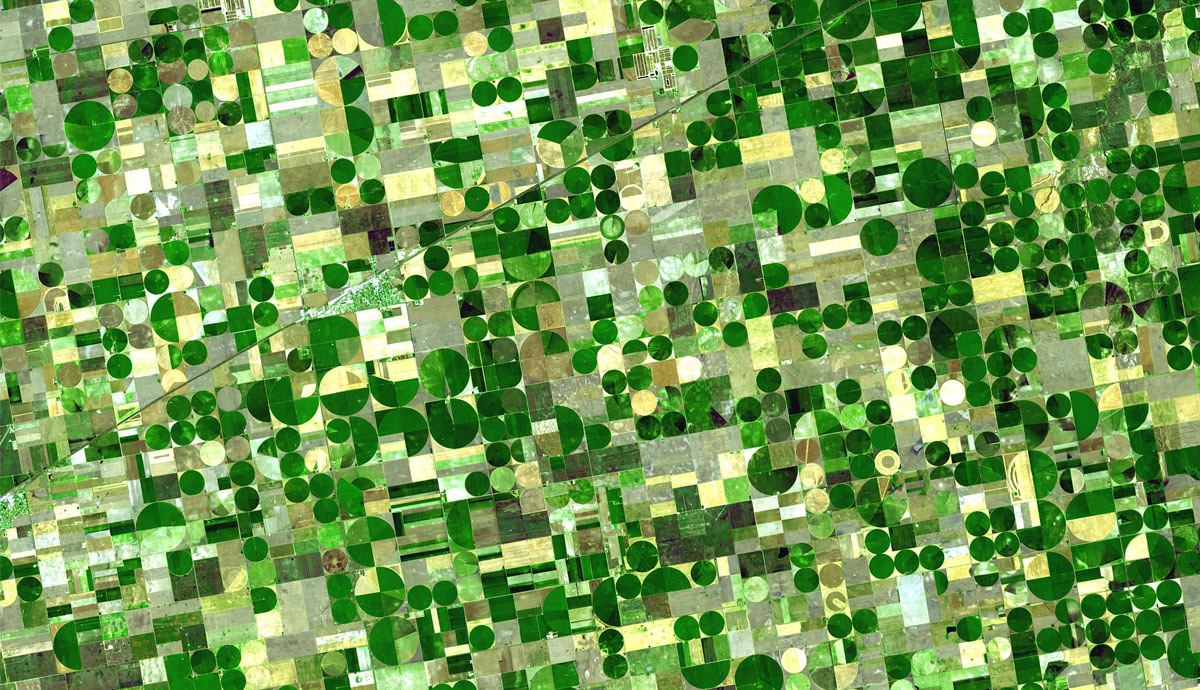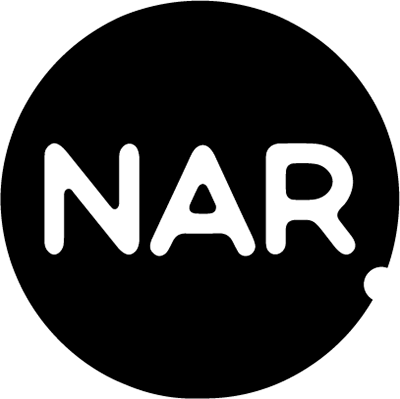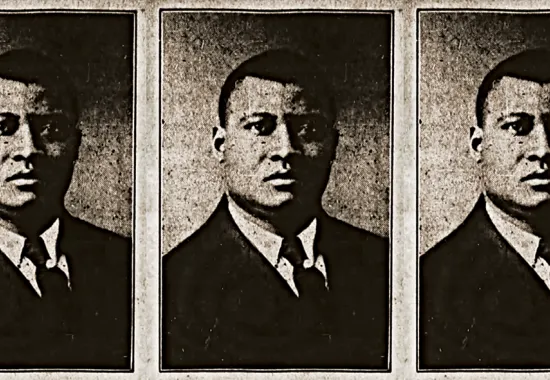Arrival at Destination: Editing as a Professional GPS
It’s been a while since I’ve heard from my ghosts. Their chatter is usually loudest when I’m writing, and my writing is usually slow-going as a result. It’s not easy to compose with the sense of psychic expectations peering over my shoulder, phantom eyes impervious to my computer screen’s blue light.
These spectral collaborations are my doing. I choose to write about topics that impassion me, and those topics were made important by the loved ones who built me. My research trajectory isn’t so much a calculated agenda as a repeated conjuring of wraiths. I’m fine with that. Sometimes the dead are better company than the living.
This doesn’t mean their feedback on my drafts is kinder, though. Workshop sessions can get a little rough. My ghosts never let me forget that I’m always representing with my writing—who I am, what I am, where I came from. What good is all of my fancy-pants education, that stack of framed degrees moldering in a packing box in my basement, if I use it only to distance myself from my origin story? What I write, my loved ones remind me, should always be that story, refracted through the research articles and case studies and other publications that dot my vitae. Once upon a time, we were here.
I tow along with me a typical agrarian ancestral history. Poverty, immigration, more poverty, incessant labor. My writing isn’t a representation of landed gentry or genteel royalty. I write for and with the underdogs. I write about farmers and for workers. I write up their words because these folks don’t speak much themselves. They don’t have the damned time.
Here, in the middle of my research on farming and working and general underdogging, is where I met editing. I wasn’t searching for it, but editing locked its coordinates on me and showed another professional journey for the spirit of my work: that editors can advocate just as much as writers. I wanted to talk about this revelation when the North American Review posted its call for conference proposals.
To anyone kind enough to attend my conference presentation, I first wanted to describe an editor’s ability to create thought communities. In our everyday hustle to get business done, it’s a luxury to connect with people in an exchange of ideas—to simply revel in discovery. Even in the classroom, ideally an incubator for such conversation, we still must be mindful of boxes to check when teaching a course; exploration of thought and the joy of pondering are on a timer. As editors, we can generate publication projects that cheer on contributing writers to mind-hive with each other, to experience the wonder of splashing around in our thoughts.
Cultivating a shared idea space encourages the valuing of all ideas, the second point I wanted to discuss with conference participants. Rather than starting a publication project from a writerly standpoint, where already one’s topic is sieved by the themes of a targeted publication venue, an editor instead can create a venue with differently rigorous expectations. I discovered this shortly after issuing a CFP for a collection about the communication that occurs on the production side of agriculture. There are seemingly countless pieces about food consumption; those who make that consumption possible, however, are invisible and unheard.
The initial response to my CFP? Crickets. Then came the 2016 U.S. Presidential election, and with it a swell of interest from potential contributors. In their work, these scholars interacted regularly with labor populations who at the time were being denigrated in some corners of the media as mindless hoi polloi. Researchers recognized my project as a space to show the perspective and knowledge of misrepresented and under-represented voices. They understood the national landscape as far more complex than blue versus red state, farmer versus consumer, etc. The resulting collection was intriguingly inclusive in its scope, by intersecting ideas from agriculture, technical communication, social sciences, and digital humanities.
Shared ideas, inclusive spaces… these are all well and good, but eventually an editor needs to get something published. (Or so I imagined other conference-goers telling me.) I happily readied for this anticipated rebuttal with my third point—an editor’s capacity to promote not just a diversity of ideas but also of their forms. Credit goes to my students for this lesson.
I had given an assignment to my Profession of Editing class that asked students to edit manuscripts written by their peers in a creative writing course; the caveat was that the editors needed to do so while targeting an unconventional digital publication (e.g., Twine’s non-linear storytelling platform). My admittedly general intention had been to help students experience the impact of digital technology upon editorial decision-making. What I hadn’t expected was my students’ reaction. The classroom atmosphere was different from that of typical workshops. Students buzzed with suggestions and feedback to one another, while researching and determining the most appropriate digital homes for their authors’ work. It was the energy of makers whose handcuffs had been removed. It was the excitement of showing an author how a form beyond the norm could push his/her words farther.
In persuading students to undertake editing, I’d also been converted.
Before I found myself as an editor, I wielded a pen solo. It was an error to believe that advocacy was a lone and lonely act. Editing corrected me, rerouting my professional journey into the work of carving open spaces that recruit, welcome, and support. My ghosts still drift along with me, monitoring this world-building. But now they are approvingly quieter.
This essay was adapted from a presentation at the North American Review Writing Conference, April 21, 2019.
Recommended
The Ballad of Ollie Jackson
A Picture of Stack Lee
Crossing Paths






